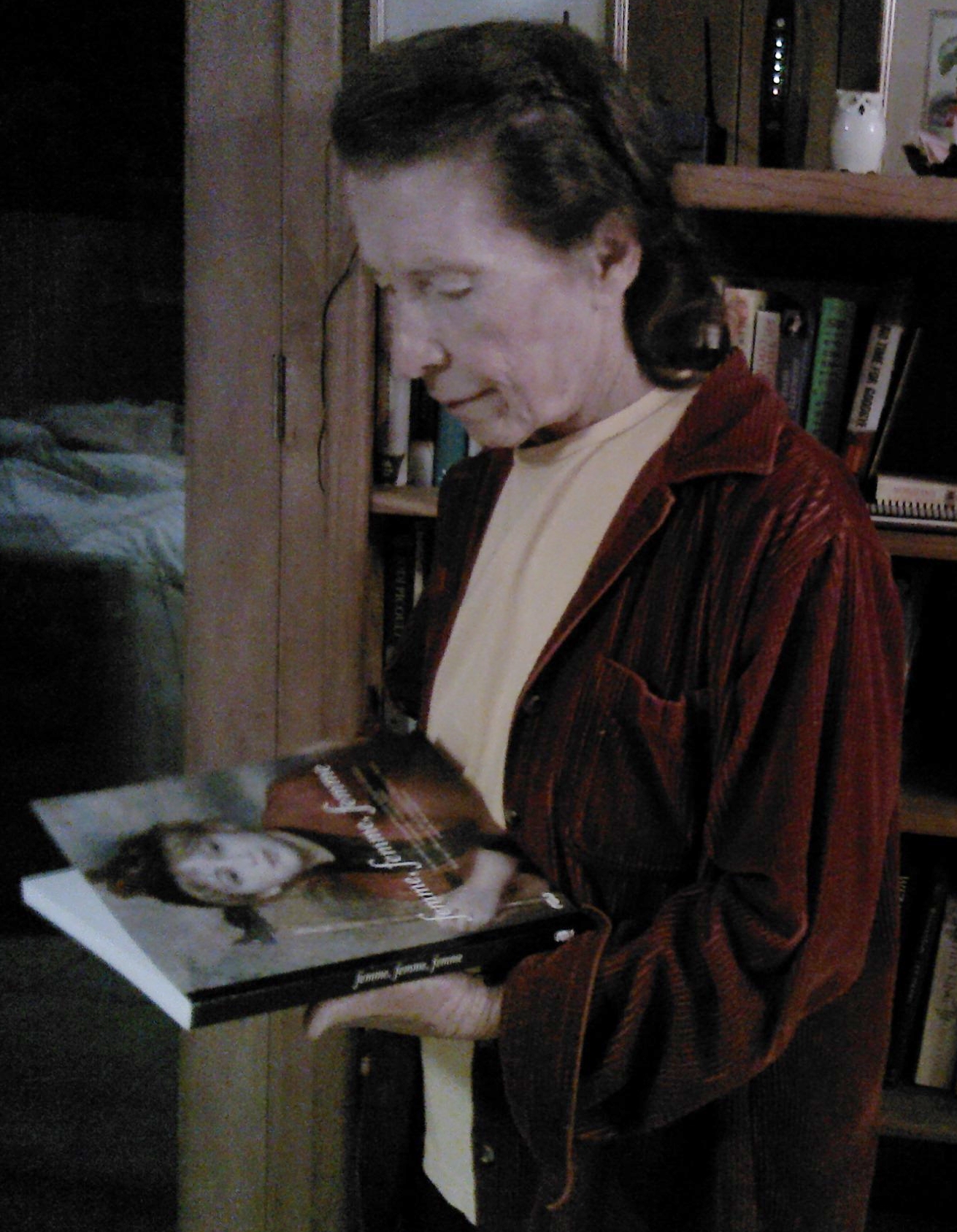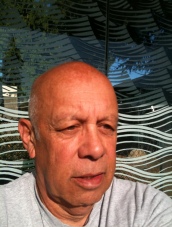Lifting Spirits: Jean Grau’s Work With Seniors
Jean Grau, author of the poetry collection Riverbend, is a storyteller in poetry and prose. A native of New Orleans, P&W has co-sponsored her readings at local nursing homes and public libraries since 2008. We asked her a few questions about her work with seniors.  Why have you chosen to work with seniors?
Why have you chosen to work with seniors?
My parents respected life in all its stages. I do, too. Seniors are special to me because of their experience, strength, and courage.
What are your reading dos and don’ts?
Wear bright, happy clothes. Make sure those with hearing problems are in the front. Move. Enjoy the poetry, along with the audience. Never forget readings are command performances for very special people. I avoid depressing subjects, except for the adventurous group at The Shepherd Center, whose motto is: "Bring it on. We can handle it."
How do you and your audience benefit from the live reading experience?
I benefit by feeling useful and helpful. They receive mental and emotional stimulation. Even the very sick enjoy the rhythm and soothing properties of poetry.
What are some of the most memorable moments in your work with seniors?
My second book is based on exhibits traveling to the New Orleans Museum of Art, including one that featured Fabergé eggs. On a beautiful spring day at the nursing home St. Anna's Residence, a small group had assembled in the front yard to hear me read these poems. As the activity director began to pass around foot-high color photos of the Fabergé eggs, loud “oohs” and “ahs” began. Attendants who had chosen not to attend the reading came running out, pushing their charges. There was such a commotion. Some workmen "discovered" they had to walk slowly by.
At another event, there was a paralyzed gentleman in intensive care. His head was in a brace, but his eyes were bright and alert as he listened intently. At the end of my presentation, he said in a clear, gallant voice: "Thank you for a great, an animated, flawless performance." He made me feel as though I were on the stage at Lincoln Center taking my bows.
What do you consider to be the value of literary programs for your community?
Everyone needs beauty. So many people tell me that in grade school they enjoyed poetry, but in high school they stopped. Readings reintroduce people to the intellectual stimulation, the emotional comfort, and the rhythm and music of poetry.
Photo: Jean Grau. Credit: Patricia Senentz.
Support for Readings/Workshops events in New Orleans is provided by an endowment established with generous contributions from the Poets & Writers Board of Directors and others. Additional support comes from the Friends of Poets & Writers.





 e interested in playwriting around 2005 but quickly realized I didn’t know what I was doing. At a P&W–supported reading, I learned that Toni Bajado, a writer I’ve worked with before, wrote plays as well as poetry. Her play Fish won the
e interested in playwriting around 2005 but quickly realized I didn’t know what I was doing. At a P&W–supported reading, I learned that Toni Bajado, a writer I’ve worked with before, wrote plays as well as poetry. Her play Fish won the